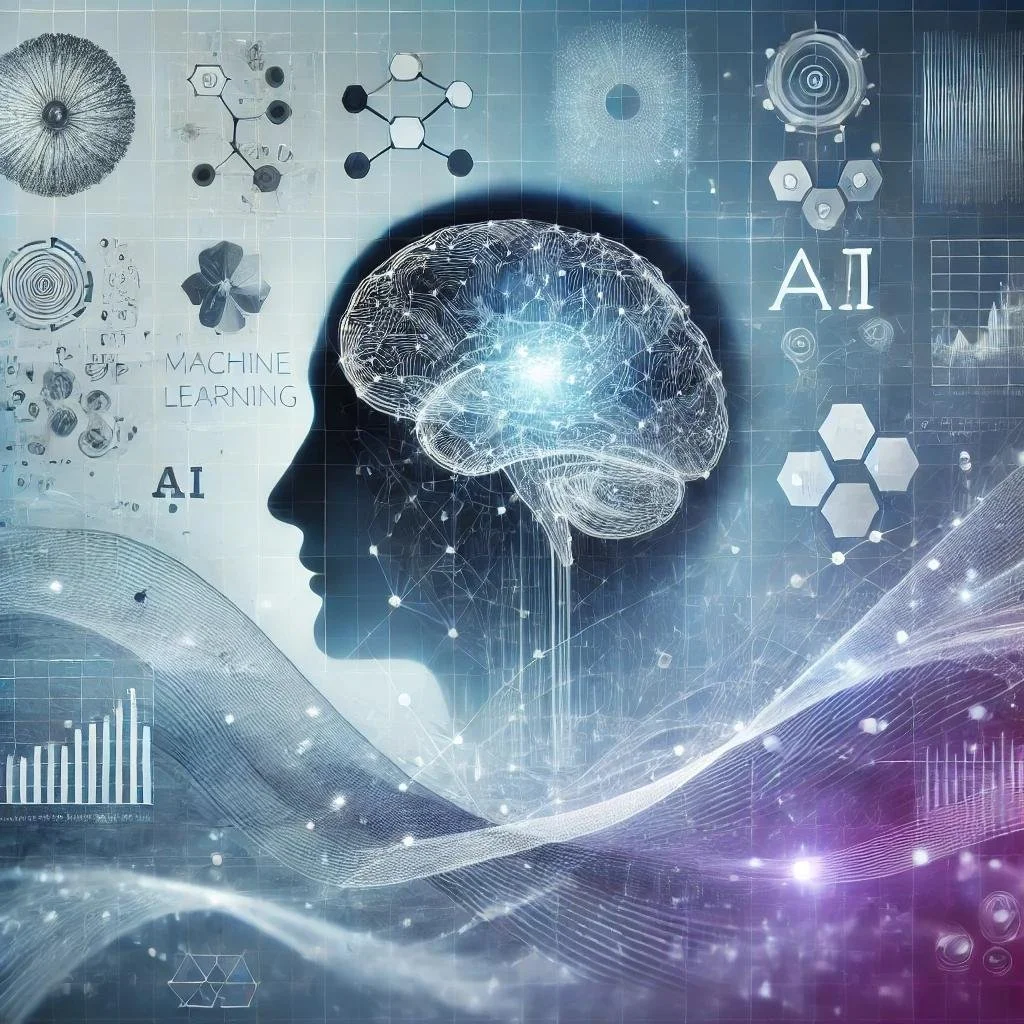Artificial Intelligence and Machine Learning: Latest Developments and Innovations
Artificial Intelligence (AI) and Machine Learning (ML) are evolving at unprecedented rates. New algorithms enhance data processing, improving speed and accuracy in decision-making. These innovations are driving significant changes in various industries, from tech to finance.
AI and ML are no longer just buzzwords—they are becoming essential business tools. The ability to analyze massive datasets allows for more informed, real-time decisions. Companies are leveraging these technologies to automate processes that were once manual.
Developments in deep learning and neural networks have significantly enhanced AI capabilities. These advancements allow machines to mimic human decision-making more closely. As AI evolves, its applications continue to expand across diverse sectors.
Applications in Business
Businesses are increasingly turning to AI and ML to streamline operations and reduce costs. AI-powered chatbots are transforming customer service by handling queries instantly and effectively. This automation not only improves customer experience but also enhances operational efficiency.
Machine learning helps businesses personalize user experiences by analyzing customer behavior data. E-commerce companies use ML to recommend products based on individual browsing and purchase history. This level of personalization boosts sales and strengthens customer loyalty.
AI also plays a crucial role in supply chain optimization. Predictive analytics powered by machine learning improves demand forecasting, preventing overstock or stockouts. This helps businesses reduce waste and increase profitability through better inventory management.
Key Use Cases Across Industries
In healthcare, AI is improving diagnostics by analyzing complex medical data with high accuracy. Machine learning models are used to detect early signs of diseases, improving patient outcomes. AI-driven tools also streamline administrative tasks, allowing healthcare professionals to focus on patient care.
Retailers use AI to enhance customer experiences by predicting trends and managing inventory. ML algorithms help retailers understand consumer preferences, allowing them to adjust product offerings. This improves stock efficiency and ensures customers find what they need more quickly.
Financial institutions are leveraging AI for fraud detection and risk assessment. Machine learning models analyze transaction data to spot unusual patterns, preventing fraudulent activities. These tools not only enhance security but also help in making more informed lending decisions.

